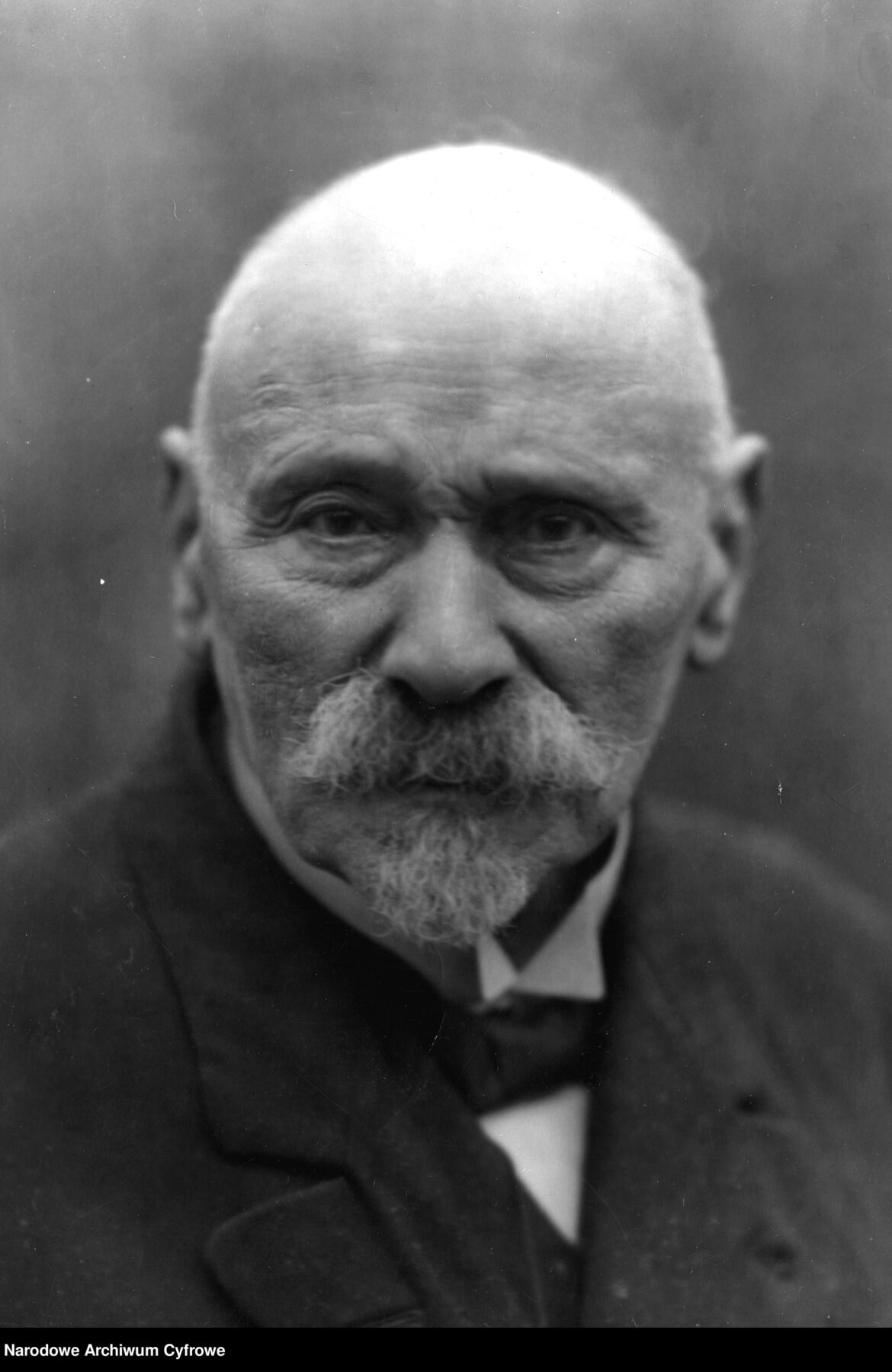The salon, as a place not only for social meetings, but also for the exchange of views, debates on culture and science, played an important role in the life of the Warsaw intelligentsia in the second half of the 19th century, replacing official Polish cultural and scientific institutions that did not exist under the Russian occupation. One of the places where Polish scientists, artists and people of writing met was the apartment of Jadwiga née Bersohn and Aleksander Kraushar. The significance of these meetings was emphasized by the esteem of Aleksander Kraushar, the master of the house.
A. Kraushar (aka Alkar, 1843-1931) was born to assimilated Jewish family. He was a lawyer by profession and a historian by passion. During the January Uprising, he edited the insurgent press at the request of the National Government, and after the fall of the Uprising, he started attorney practice, quickly gaining wealthy clients. The stable financial situation allowed him to devote himself to literature and history. He was one of the founders of the Society of History Lovers established in 1906.
The Kraushar house hosted famous theater and literary critic Władysław Bogusławski, the most important representative of the so-called of the Warsaw historical school, Tadeusz Korzon, as well as the founder of the so-called the Lwow (today’s Lviv) historical school, Szymon Askenazy, as well as the poet Kazimierz Przerwa-Tetmajer. The latter, to the surprise of the Kraushar’s daughter, Zuzanna (the Kraushar had also a son, Tadeusz), was bored with important discussions, but listened with interest to the rumors about the dowries of “unmarried maidens”.
Kraushar’s guests unanimously recalled that this one of the most important Warsaw salons had a serious atmosphere. The meetings were held on Tuesdays, and the lady of the house always took care of a sumptuous dinner. The guests talked about politics, history, the latest press articles published in the Russian as well as German and Austrian partitions. As entertainment, the guests shared memories of foreign travels, recommending hotels, restaurants and cafes to each other.
The Kraushar couple, born in Jewish families, converted to Catholicism in 1903. A. Kraushar is buried in the Powązki Cemetery in Warsaw.





